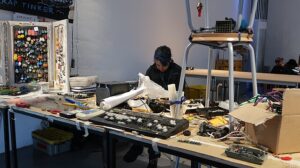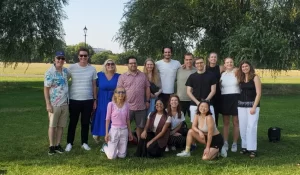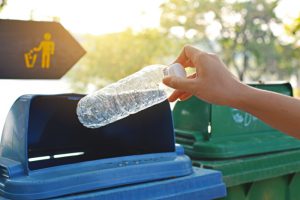The UN Intergovernmental Panel on Climate Change (IPCC) released a critical report earlier this month expressing serious concerns for the future of our planet as we know it. The world’s leading climate scientists warned that urgent and unprecedented changes are needed to limit climate change catastrophe. They even stated that we have just 12 years to keep global warming at a maximum of 1.5C above current temperatures. Beyond this ‘tipping point’, irreversible and disastrous effects would runaway including widespread drought, floods, extreme heat and poverty. Clearly, this is worrying stuff.
As well as urging governments to make more radical decisions, these alarming warnings have sparked much debate on what should be done. How can we rapidly cut carbon emissions to halt reaching such tipping points? A multifaceted approach is essential, involving a rapid transition to renewable energy and various adaptive technologies such as carbon capture and storage. The report also highlights the role individuals can play – that we really can make a difference. If everyone made a few personal changes to their behaviour, the cumulative impact could be significant. Eating less meat, insulating our homes, switching to renewable energy, walking or cycling instead of driving as well as reducing, reusing, and recycling are key actions individuals can take to play their part in sustainability.
In our Jump employee engagement programmes, we encourage staff to participate in as many sustainable actions as possible, to reduce their own environmental impact as well as helping to reduce their organisation’s impact. Programmes and activities are bespoke to each workplace, but we’ve come up with a list of top actions we can all take to make a difference;

Have you done any of them yet? Tweet us on @teamjumpUK to let us know what positive changes you’ve made.
Together, we can make a difference! To find out more about how our behaviour change programmes drive positive change through individual action, please get in touch on [email protected], or call us on 020 7326 5055.








